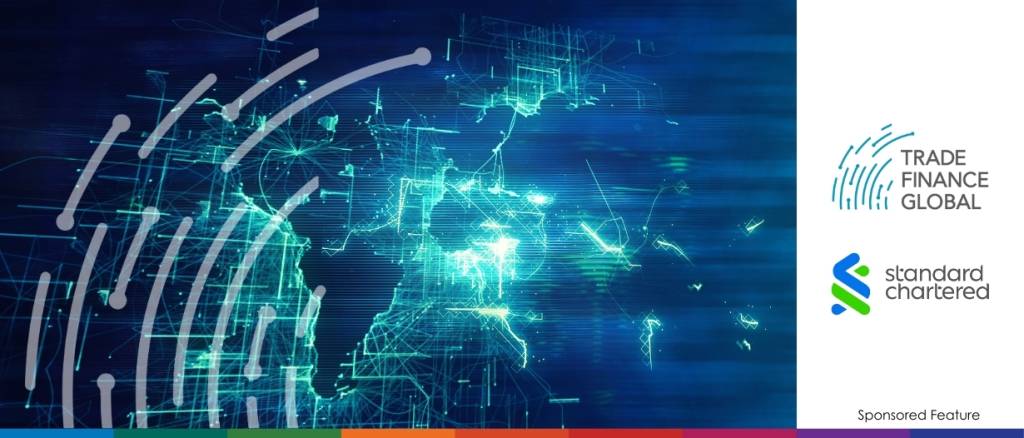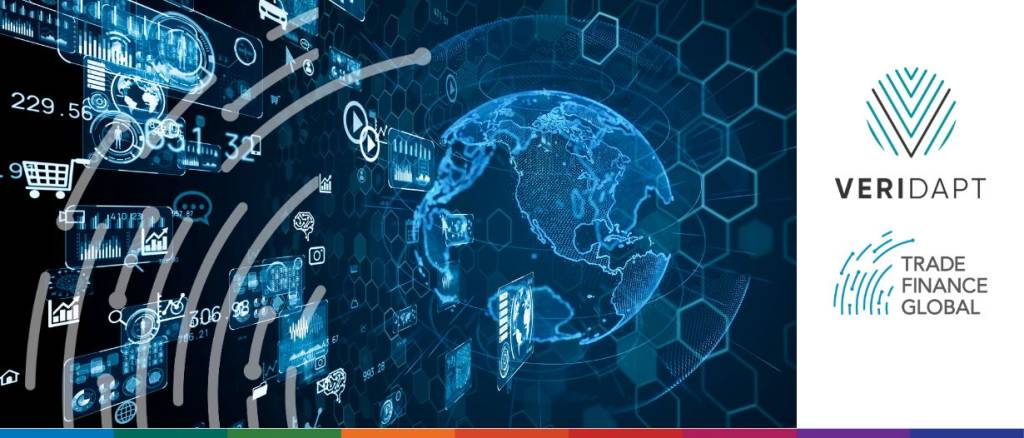Last month, I found myself staying with a nomad family in a traditional yurt (‘ger’), 300km West of Ulaanbaatar, Mongolia, staring at the overwhelmingly star-filled night sky.
The Electronic Trade Documents Bill has today received Royal Assent, and is officially an act of law (the Electronic Trade Documents Act), promising to transform the way international trade is conducted electronically.
From September 2023, leading aluminium rolling mill Niche Fusina Rolled Products (Fusina) will source 100% of its primary aluminium from low-carbon suppliers, via Concord Resources Limited. Precise carbon footprints will… read more →
The International Trade and Forfaiting Association’s (ITFA) Digital Negotiable Instruments (DNI) Initiative Day, hosted in London on 12 July 2023, served as an important platform for the future of trade finance.
Globalisation is not dead, contrary to recent claims. Nowhere is this more evident than in global trade, where high-growth trade corridors in Asia, Africa and the Middle East are set to outpace the global average by up to four percentage points.
Digitalisation is unlocking a multitude of real-time benefits for terminal operators, commodities traders and lenders, promising to make full transparency in inventory management and transaction flows the new normal.
With the disruption of the global value chains stemming from COVID-19 and the war in Ukraine, Central and Eastern European (CEE) trades are finding themselves in a new business reality. While trade with East Asia is a well-established import region, new primary export destinations are emerging for exporters in Central and Eastern Europe (CEE). With the Russian full-scale invasion of Ukraine, the main export markets outside the EU for the CEE companies, Russia, Ukraine and Belarus, were closed or significantly constrained.
In Central Asia and Caucasus, the potential annual market for SCF is relatively large, up to $18 billion in the medium term. However, few countries in this region use any form of SCF, and in some, the concept is barely known.
In Central Asia and Caucasus, the potential annual market for SCF is relatively large, up to $18 billion in the medium term. However, few countries in this region use any form of SCF, and in some, the concept is barely known.
(Geneva/Ulaanbaatar) – The International Trade Centre (ITC) today released a multimedia report on transforming economies with connected services, with a spotlight on landlocked countries. The report spotlights four types of services, known… read more →



















